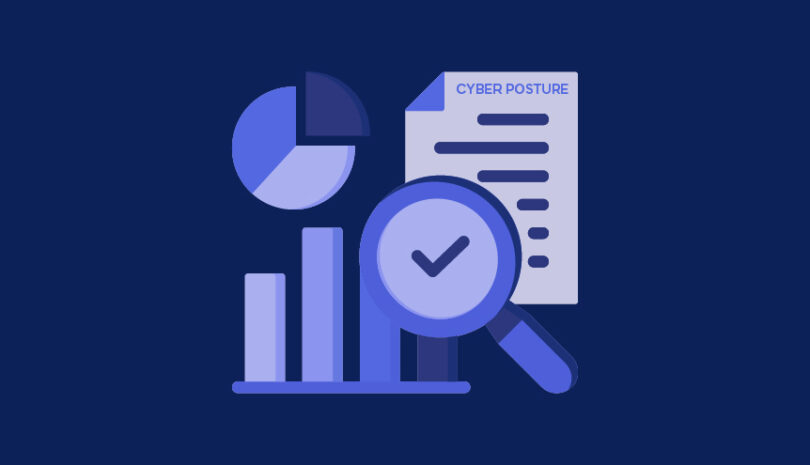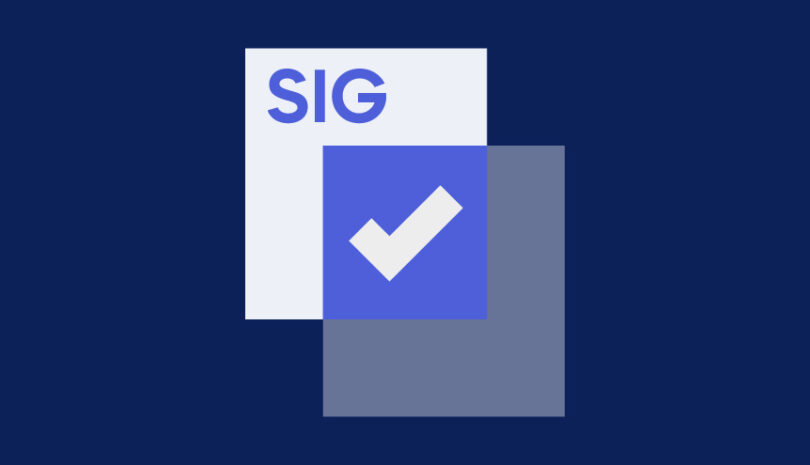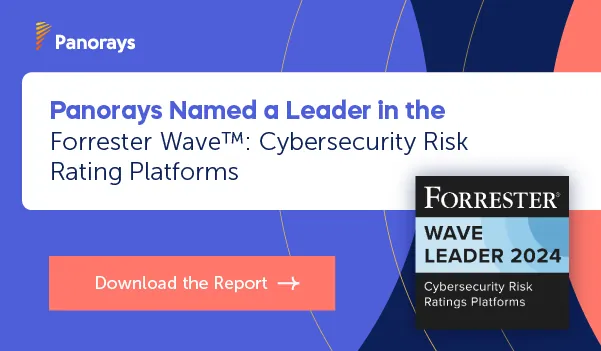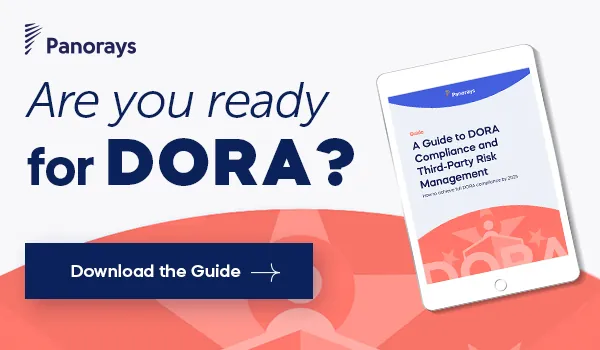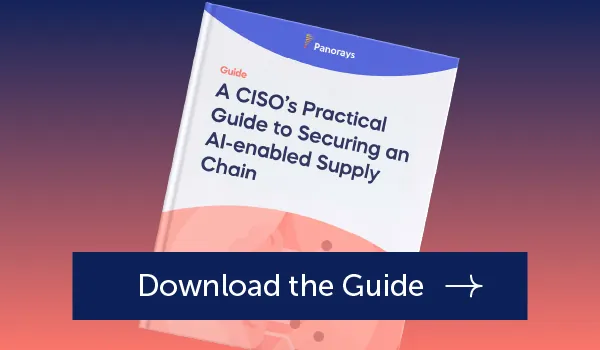Now, more than ever, managing third-party security risk is critical. And one of the ways to manage this type of third-party risk is through vendor security questionnaires.
That being said, third-party vendors notoriously hate questionnaires. They complain incessantly about needing to answer tens, if not hundreds, of security questions. They are especially frustrated if the questions being asked are not even relevant to their business.
But what about you? What about the company sending out the questionnaires? It’s not exactly a picnic for you either. The sky’s the limit when it comes to asking questions pertaining to security, so how do you know which questions to ask? Which questions are more or less important? Do all questions apply to all vendors? With these topics in mind, and with the tremendous popularity of our last guide on the subject, we’ve created a brand new guide listing 10 more questions to include in your vendor security questionnaires.
What is a Security Questionnaire?
A security questionnaire is a vendor risk assessment tool that evaluates the effectiveness of your vendor’s security controls and its compliance with industry standards and regulations. It includes different questions about the security practices of your vendor and can be used to evaluate the risk of entering into a new business partnership with that particular vendor. It is also a tool for identifying specific vulnerabilities within a vendor’s IT infrastructure and network and its ability to respond to a data breach or cybersecurity attack.
Security questionnaires include questions that evaluate the third party’s network security, data protection, access control, incident response, and compliance with different industry standards such as HIPAA or PCI DSS. If a vendor is found to not be compliant or have security gaps, a remediation plan can be put in place to address these gaps, according to the risk appetite of the organization and their internal security policies. Security questionnaires are a crucial part of third-party risk management and a critical tool for gathering important information regarding a vendor’s security practices.
Ask the Right Questions in Your Vendor Security Assessments
This guide includes “must-ask” questions to include in your questionnaire as part of your vendor risk management process before you start doing business with any vendor, no matter how crucial its services may be to your company. Headlines of new security threats and security incidents are justifiably concerning for security professionals and management teams alike. And with recent infamous cyberattacks like SolarWinds, Kaseya and Accellion happening more frequently and causing greater damage than ever, you need to be sure that you’re asking the right questions during the vendor risk assessment process.
Build an Effective Vendor Security Questionnaire
Effective vendor security questionnaires begin with selecting the questions that will elicit information from potential vendors that will have the greatest impact on your organization.
If you want to learn what these 10 critical questions are and why they’re important to ask your vendors, download this guide now. The guide will help you jump-start the right way to build a relevant and effective vendor security questionnaire to assess your third parties. Additionally, it also provides greater insight into vendors’ alignment with the security appetite of your organization.
How Panorays Helps You Manage Third-Party Risk
Panorays combines AI-powered cybersecurity questionnaires with extended attack surface assessment that identifies and maps third, fourth and n-th party risks along your digital supply chain. The tools work together to deliver a cyber rating that accurately reflects your supplier’s risk based on AI models trained on thousands of datasets. Continuous mapping and inventory of third, fourth and fifth party threats in the digital supply chain is critical to ensure accuracy of your cyber rating.
For the cybersecurity questionnaire, AI is key for both suppliers and evaluators. On the evaluator’s end, the AI validates responses against vendor documents and cyber posture tests. On the supplier’s end, AI assists in completing responses using answers from similar past questionnaires.
The cybersecurity questionnaires are customizable and have the option of including a security questionnaire template based on security standards such as SIG or CAIQ as well as the ability to create a questionnaire based on internal company policies.
With the information on both the threats posed to your organization and your vendor’s security posture, you can generate a customized remediation plan based on your risk appetite, internal security policies and your comprehensive analysis of the security gaps in your supply chain.
Want to learn more about how you can manage third-party risk across your extended attack surface? Sign up for a free demo today.
FAQs
A security questionnaire is a set of questions posed to your supplier, vendor, agency, partner or third-party to assess the security policies of the third party and whether or not the security controls they have in place are sufficient to meet compliance, regulations and internal security of your organization. Security questionnaires should be short, use simple language and the native language of your vendor and be automated to eliminate the manual tracking of questions and answers in spreadsheets or other inefficient processes.
You can answer a security questionnaire manually by tracking questions and answers on spreadsheets, but this method is inefficient and prone to human error. Advanced solutions include AI-powered security questionnaires that validate automated responses against external documents and sources on the evaluator’s end while automatically completing responses on the suppliers’ end through the use of relevant vendor documents. This helps improve the accuracy and efficiency of the process and eliminates the traditional back-and-forth between the vendor and evaluator that allow for error and inefficiencies.
A security questionnaire is important because it helps evaluate a vendor’s security posture, which directly affects your organization’s security posture. For example, it can help identify that a third-party vendor does not have the right access controls in place, such as the lack of multi-factor authentication or implementation of the principle of least privilege (POLP). Without the right access controls in place, it is easier for attackers to compromise the third party’s network and data, which may also compromise your organization’s data. They also help organization’s evaluate whether or not a vendor is meeting security standards of the industry, such as PCI DSS for payment processors. Such knowledge is critical when deciding if your organization should partner with another vendor. Security questionnaires are also important in regularly identifying vulnerabilities within the infrastructure and IT of your organization or vendors and adjusting security practices in response.

